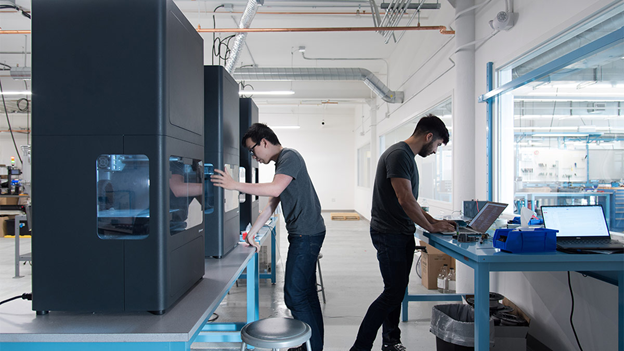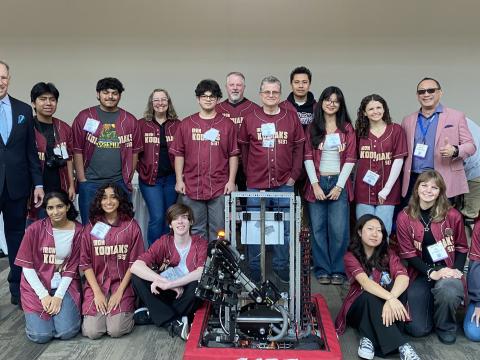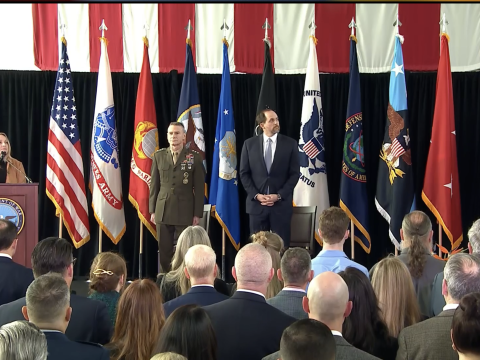AFCEA Education Awards Lay the Foundation for Careers in STEM
AFCEA scholarships and grants continue to make long-term and fruitful impacts on students’ lives and opportunities as they navigate the STEM world.
The AFCEA Educational Foundation has been encouraging and sparking STEM learning and careers for nearly 40 years. AFCEA scholarships and grants continue to make long-term and fruitful impacts on students’ lives and opportunities as they navigate the STEM world. Brian Kettler and David Benhaim share their stories about how AFCEA scholarships and funding helped shape and propel their academic and professional careers in STEM.
Brian Kettler received a fellowship from AFCEA’s Lexington-Concord Chapter in 1983. While attending the University of Massachusetts at Amherst, Kettler worked at Digital Equipment Corporation (DEC) during summer and winter breaks. After graduating with a degree in computer science, Kettler began his career in STEM at IBM in Kingston, New York, doing performance testing of operating system software on large mainframes. Kettler’s interest in artificial intelligence, natural language processing and cognitive science inspired him to pursue a Ph.D. at the University of Maryland College Park. Kettler then went on to join ISX Corporation, a small company creating innovative and advanced projects for the Defense Advanced Research Project Agency (DARPA) in areas such as knowledge-based systems and military command and control. ISX was acquired by Lockheed Martin’s Advanced Technology Labs in 2006, where Kettler spent another 12 years leading projects for DARPA, the Air Force Research Lab and the Office of Naval Research. In 2018, Kettler decided to try his hand at the government side of developing new research programs and was hired as a program manager in DARPA’s Information Innovation Office in 2019. He now works on cognitive security issues related to detecting and mitigating adversary influence campaigns on social media and other platforms.
Without AFCEA’s fellowship, Kettler says, “it would have been harder to have gotten a jump-start on my career in the computer industry as there weren’t a ton of computer-related jobs in 1983, particularly as PCs were just starting to come of age.” Kettler attributes much of his career success to the foundational technical knowledge and professional skills he first developed working at DEC and because of AFCEA’s Educational Foundation.
David Benhaim also received an AFCEA Educational Foundation scholarship from the Lexington-Concord Chapter. Benhaim earned a degree in computer science with a focus on robotics and distributed systems from the Massachusetts Institute of Technology (MIT) in 2013. Benhaim expresses that the AFCEA scholarship kick-started his professional engineering career by allowing him to do an internship at Raytheon IDS right out of high school. He was able to work side by side with experienced engineers on very inspiring projects prior to starting his undergraduate program at MIT. Referring to MIT’s motto, mens et manus, (meaning “minds and hands/theory and practice”), Benhaim says, “Coming into the classroom with hands-on experience helped me to understand what I was learning because I had more context.” After graduating from MIT, Benhaim co-founded Markforged (MKFG)—a public additive manufacturing company that designs, develops and manufactures The Digital Forge—an industrial platform of 3D printers, software and materials that enables manufacturers to print parts at the point-of-need. Benhaim is just beginning his impressive professional career, and he gives AFCEA credit for jump-starting his opportunities in STEM.





Comments